The Turbulent Journey of Vietnamese Shrimp
One such companion challenge is disease in shrimp farming. Viruses and bacteria continually evolve, adapting to new conditions, making prevention and control an ongoing battle. New bacterial strains keep emerging, deepening the fatigue and anxiety of shrimp farmers. The one consolation, and also a motivating factor, is that farmgate shrimp prices remain favorable—around 15,000 VND/kg higher than the same period last year.
Currently, the industry is in the peak season, and although prices have slightly declined, the drop is moderate. This is because supply is not abundant, largely due to disease outbreaks damaging many ponds, and farmers only stocking part of their available areas. High shrimp prices are encouraging for farmers, but they pose a dilemma for processing companies. These companies now face intense competition from low-cost shrimp imports from Ecuador and India, while Vietnamese farmgate shrimp prices are 20,000–30,000 VND/kg higher than those countries.
Adding to this situation is the recent U.S. announcement of countervailing duties in early April, which has further complicated the outlook and weakened the competitiveness of Vietnamese shrimp. The announced duties for Ecuador and India were significantly lower than for Vietnam. The U.S. gave a 90-day transition period, which appears generous on paper, but in practice it starts from the date goods arrive at U.S. ports—leaving our exporters with barely two-thirds of that window to adjust.
This remains an unresolved issue, awaiting the outcome of bilateral negotiations. Vietnam's shrimp sector represents only a modest share of total U.S.-bound exports, and pangasius and shrimp are almost entirely sourced within Vietnam. It is hoped that these sectors will be treated fairly, and not suffer the consequences of enforcement actions aimed at other industries with lower domestic origin.
The shrimp industry now faces immense difficulties. Every link in the value chain is under strain, all awaiting the outcome of bilateral talks on countervailing duties. On June 8, the U.S. Department of Commerce (DOC) released its preliminary anti-dumping duty results for Vietnam in the 19th administrative review (POR19). A surprising result emerged: Thong Thuan, a mandatory respondent participating for the first time and with no prior experience in these proceedings, received a 0% duty rate.
Meanwhile, STAPIMEX—an experienced and resilient company with over 20 years of involvement in the case—was handed a preliminary duty of over 35%, the highest ever across 19 reviews. Naturally, everyone is asking why this happened. While we wait for answers, there's a bit of comfort in precedent: many years ago, Sao Ta faced a similar situation, receiving an unusually high preliminary rate due to calculation errors, which was later corrected by DOC to a much lower final rate.
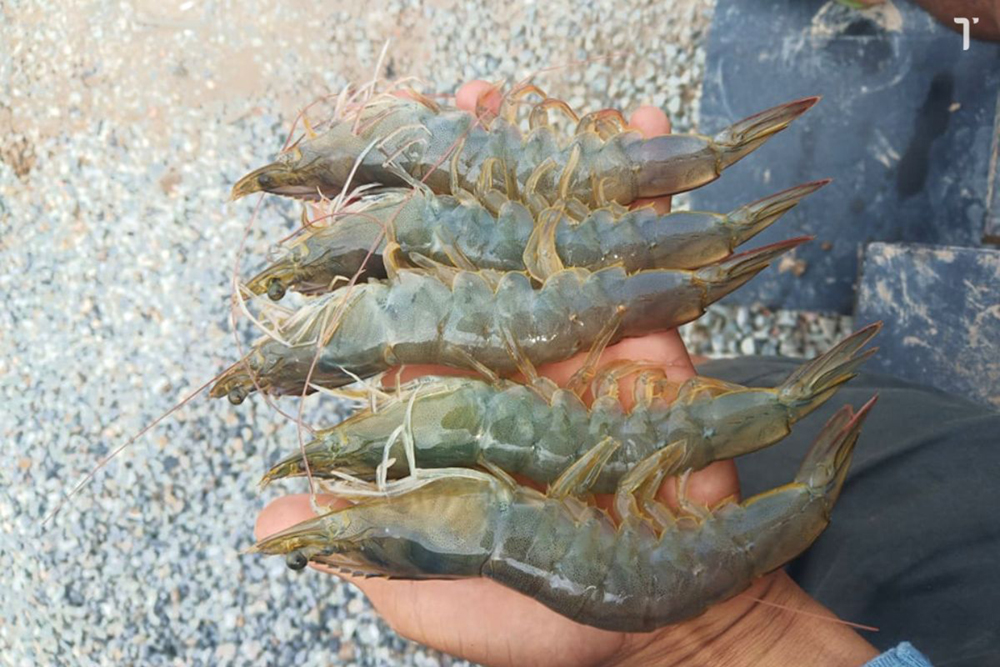
We now hope history will repeat itself. This time, STAPIMEX is expected to fully explain and defend its case during DOC’s upcoming on-site verification visit to Vietnam, aiming for the lowest possible final rate. At present, Vietnamese companies export shrimp to the U.S. under DDP (Delivered Duty Paid) terms—meaning the exporter bears the tax and risk. This puts added pressure on Vietnamese firms. Buyers in the U.S. also feel uneasy, fearing that their suppliers may cancel contracts if the final duties are too high. This creates business disruption for both sides.
With challenges stacked so high, Vietnamese enterprises must also be mindful of hidden risks. The U.S. may impose harsh penalties if it finds any companies involved in origin fraud. U.S. authorities have made strong statements, asserting that billions of dollars’ worth of Vietnamese exports to the U.S. originate from China.
The industry must take lessons from this episode. For the stable and sustainable development of the sector, companies must minimize risks, particularly by avoiding participation in schemes involving mislabeling Chinese freshwater fish or shrimp from Ecuador and India as Vietnamese origin. The temptation to cut corners due to hardship or self-interest could inflict lasting damage on the entire industry. If U.S. authorities discover fraud, the penalties could affect the entire shrimp value chain.
Thankfully, most Vietnamese companies have shown awareness and acted responsibly in recent times. We hope there won’t be a few bad actors who spoil it for everyone else.
Vietnamese shrimp is currently in a very precarious situation. It requires collective effort from all stakeholders in the value chain, especially the processing companies, who are at the center. Showing responsibility, awareness, and resilience is nothing new to our seafood entrepreneurs. They are experienced in global trade, hardworking, and agile in adapting to turning points. And now, we are facing one of the biggest turning points yet.
Source: vasep.com.vn
Aqua Mina's distributor in Japan: REX INDUSTRIES CO., LTD
- Address: 1-9-3 Hishiya-Higashi, Higashi-Osaka 578-0948 JAPAN
- Email: kimakubo@rexind.co.jp
- Phone: +81-(0)72-961-9893
- Website: http://www.rexind.co.jp/e/
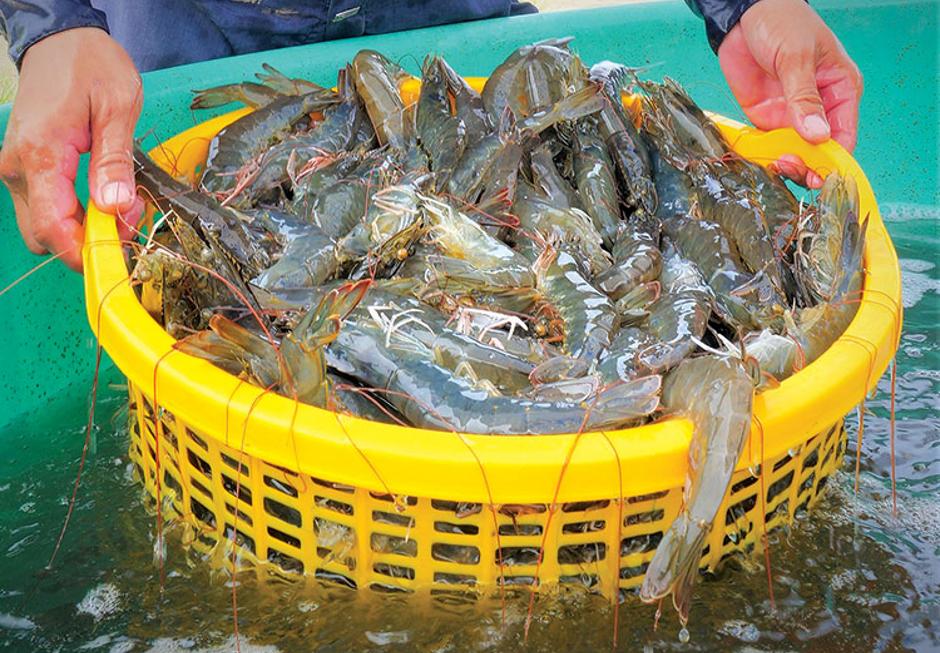
WE WORK FOR YOUR SUCCESS!
Ngày đăng : 04/08/2025
1889 View
Other Articles
Indian shrimp pivot to the EU, increasing competitive pressure on Vietnam
Indoor shrimp farming in Europe: Investment challenges and the race to find a viable model
Shrimp production surged in the first month of the year, with exports benefiting from strong demand during the Lunar New Year holiday
Quang Ninh Accelerates Digital Transformation in Shrimp Farming, Rising to Lead Northern Vietnam
Lucky money is not just about cash — it’s Aqua Mina’s wish for a worry-free farming season for our valued customers
Việt Nam's top 10 seafood exporters command nearly one-fifth of industry revenue
Ca Mau Maintains Its Shrimp Brand in International Competition
VIETSHRIMP ASIA 2026 & AQUACULTURE VIETNAM 2026 – A TURNING POINT FOR THE MODERN SHRIMP FARMING INDUSTRY
Ecuador's shrimp industry educational program SustainED kicked off its 2026
An Giang will start raising brackish water shrimp as early as the beginning of 2026
Aqua Mina conducts the on-site installation of two aquaculture air blowers | Ceramic Ball Bearing – 15 kW – 25 kPa for a customer in Quang Ninh
Towards Building Brand Value for the Shrimp Industry








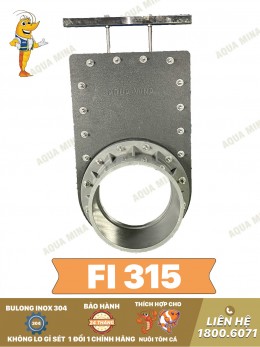
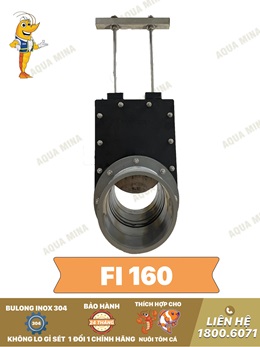
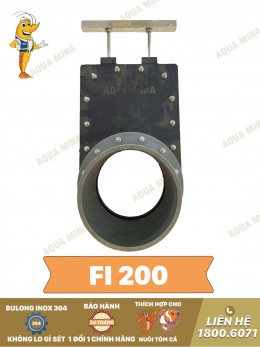
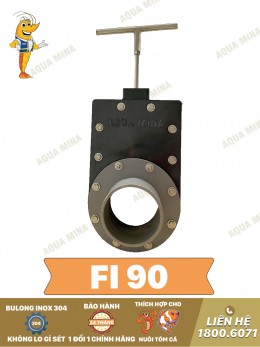
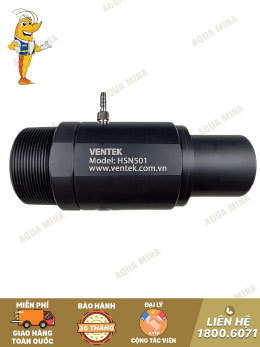
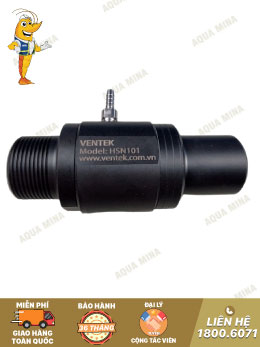
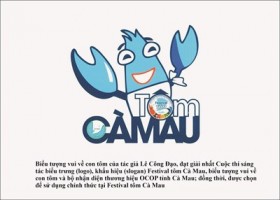
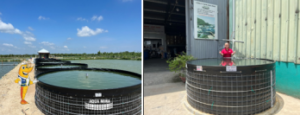
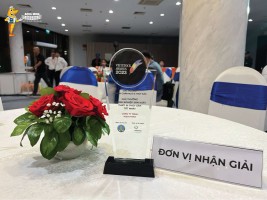
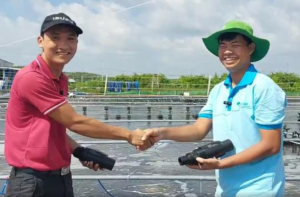
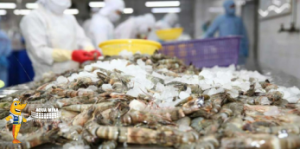
.jpg)